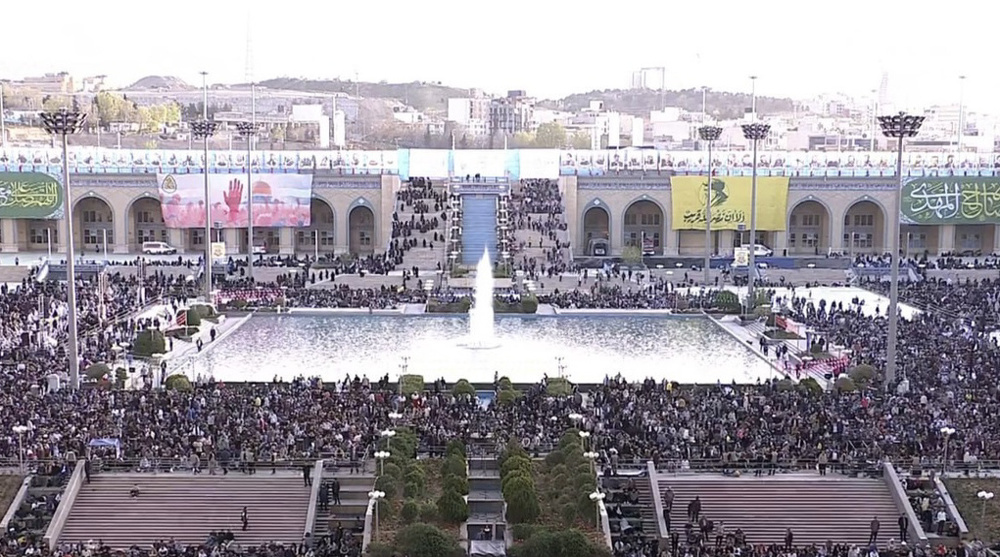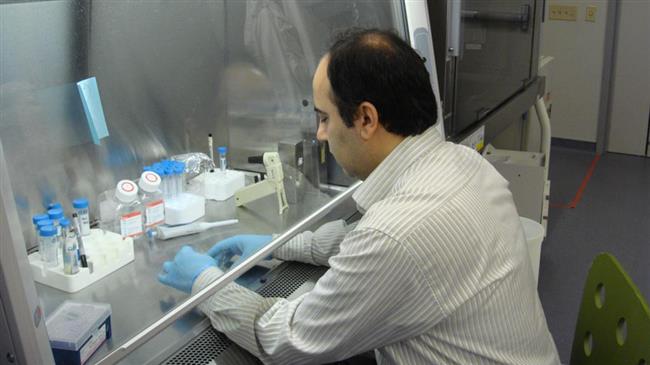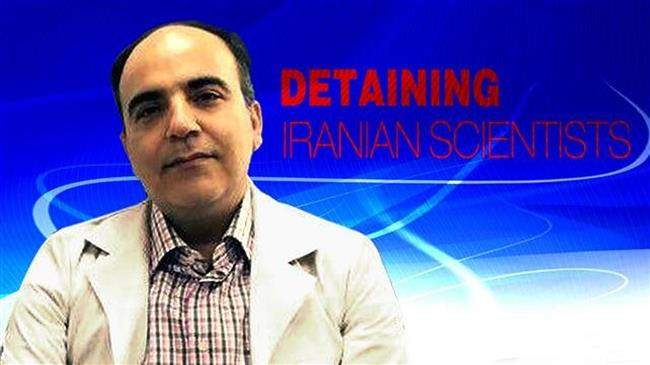Iranian scientist imprisoned illegally in US for one year
On October 25, 2018, an airplane carrying Iranian professor Masoud Soleimani heading to the United States on a research mission touched down at a Chicago airport. One year on, the stem cell scientist remains incarcerated without a fair trial.
The 49-year-old Iranian professor and biomedical researcher at Tehran's Tarbiat Modares University, who was traveling to the US with a visa issued upon an invitation by a US research center, was detained by the FBI upon arrival.
The Mayo Clinic in Minnesota had invited Soeimani to lead a research program on the treatment of stroke patients.
Prosecutors in Atlanta have accused Soleimani, who works in stem cell research, hematology and regenerative medicine, and two of his former students of conspiring and attempting to export biological materials from the US to Iran without authorization, in violation of American sanctions.
The two students were charged in a court and released after posting bail because they held US citizenship.
Federal prosecutors claim the attempted transport was illegal and secretly obtained an indictment against Soleimani in June 2018.

During his sole court appearance on May 14, 2019, Soleimani was charged with trying to transfer to Iran via his students a few vials of growth hormone -- a substance readily available on the market and not subject to sanctions.

Soleimani is reportedly suffering from several health problems which have been aggravated during his incarceration.
Moreover, he has lost his mother during his time in jail, of which he remains uninformed.
Social media activists have launched a campaign with the hashtag #Free_Masoud_Soleimani to draw global attention to the case of the imprisoned Iranian scientist, one year on.

Indian parliament passes bill seen as step to seizure of mosques

Eid al-Fitr celebrated in Iran, other countries as holy month of Ramadan comes to a close

Iran FM calls for more unity, empathy among Muslims in Eid message
Houthi: Intensified US aggression against Yemen failed
Israeli captives held in areas targeted for evacuation by the regime: Al-Qassam Brigades
VIDEO | President Yoon of South Korea impeached, dismissed
Trump tariffs led to a $2.5 trillion wipeout for the US stock markets
VIDEO | Press TV's news headlines
Lebanese reporter resigns due to Hijab ban
'War crime': Israeli strike destroys water desalination plant in Gaza
China hits back with 34% tariffs on US imports as fears of global recession rise












 This makes it easy to access the Press TV website
This makes it easy to access the Press TV website